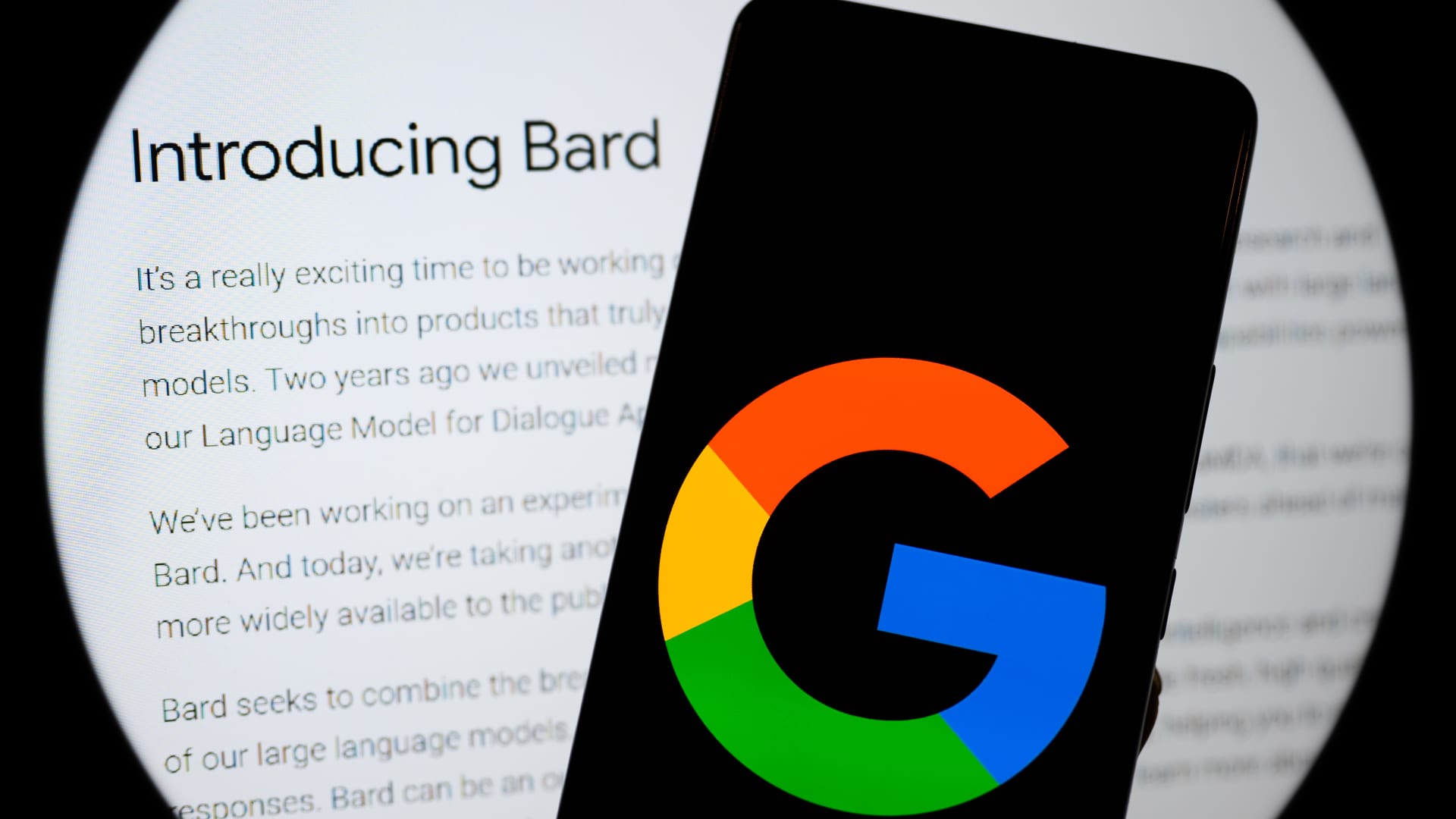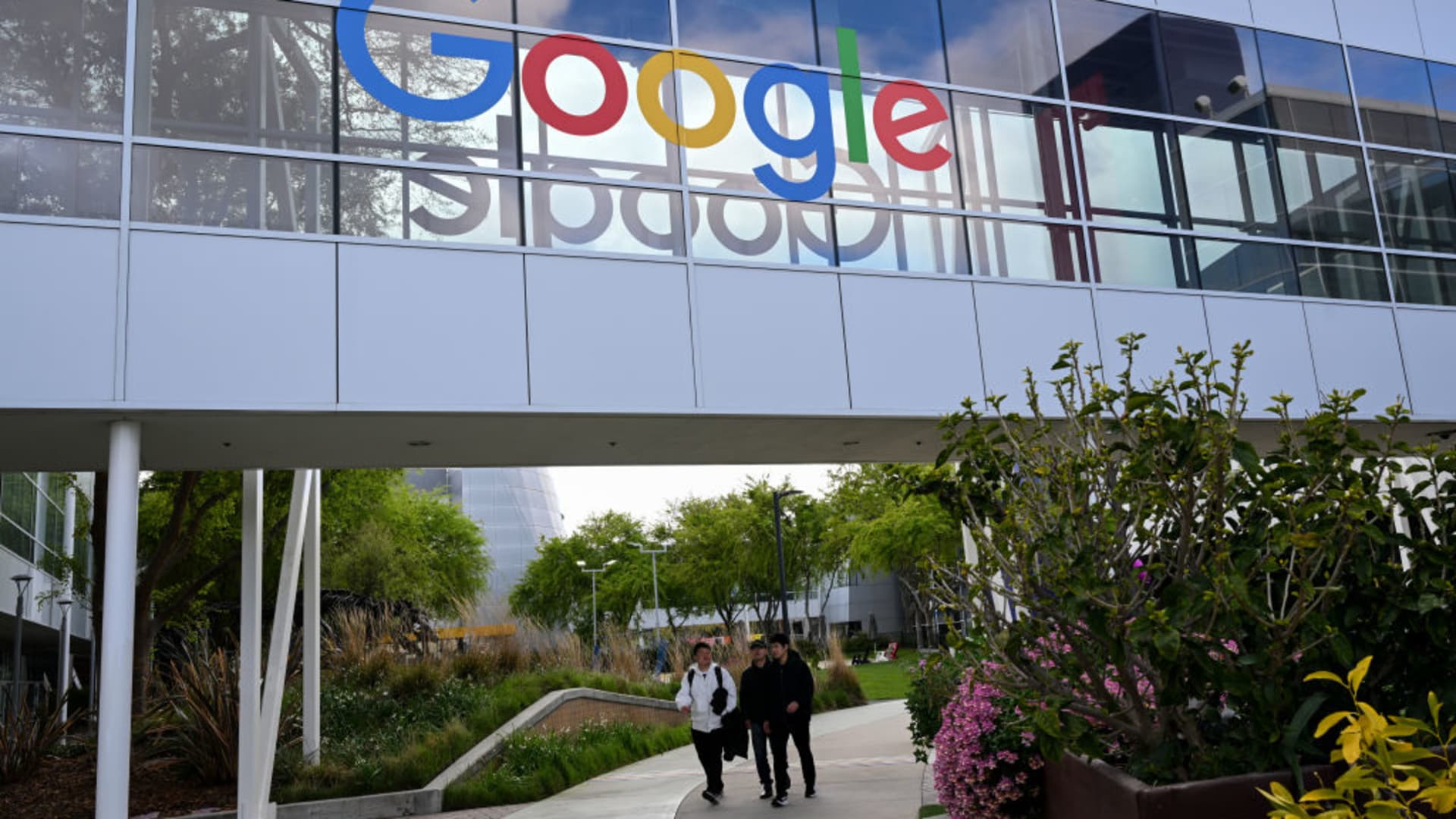
All the dominant technology companies are integrating generative AI into their online services, from Google to Meta, Microsoft and Apple.
Google’s recent integrations of Bard, its chat-based AI tool, with a host of Google apps and services is one example of moving generative AI more directly into consumer life via text, image, and voice interactions. Bundled with everything from Gmail, Docs, and Drive to Google Maps, YouTube, Google Flights and hotels, Bard has the potential to act as a super-charged version of Google Assistant, culling enormous amounts of data online but personalizing responses to individual user data, all while working in a conversational, natural-language mode. Summarizing emails, booking trips, creating shopping lists — anything that might be done by a personal assistant — for people who don’t have a personal assistant.
After 2023’s major leap in the public consciousness about generative AI, next year individuals and businesses will be making even more decisions with AI at the center. One good example: how people travel. Generative AI will move from a behind-the-scenes driver of efficiency to the foreground, with the concept of an intelligent concierge changing consumer searches, payments, and decisions. “It will make trips more accessible, with fully voice-enabled chatbots offering instant translation and acting on behalf of a traveler,” said Eduardo Schutte, senior vice president at Amadeus, a global travel technology company.
For planning, the process will be more like talking to a travel agent, but one with access to a nearly unlimited amount of data, data that can be searched instantly and aligned with the individual. Beyond simple data points like price and date, more holistic concepts such as purpose will enter into the search process. “With generative AI, the purpose of a trip, expectations, willingness to pay, and more, can be more easily identified through chatbot conversations,” Schutte said.
The interactions won’t end while on trips. Coming to a fork in the road on a hiking trail, a user might take a picture of the signage and ask Google Bard which way is a better bet for someone with an already-tired eight-year-old in tow. “Content will be adapted to what the traveler is looking for, while conversational generative AI chatbots will be used to ask the right questions to understand traveler preferences,” Schutte said.
But with the increasing use of AI, and the ease of incorporating it into daily life for individual benefit, concerns about consumer privacy are receiving fresh attention. At the most basic level, tools like Bard and the ability to improve the online shopping experience via personalized recommendations and streamlined product searches can create potential security risks, according to Tal Zamir, CTO of cybersecurity company Perception Point. “The AI’s deep integration into users’ data raises concerns about unauthorized access and misuse, making it crucial for shoppers to balance convenience with data protection measures,” Zamir said.
By now, after decades on the internet, consumers should mostly realize this and take the security measures that are available. And for the most part, consumers have accepted the risks in favor of the apparent rewards.
“Consumers who use Bard are giving up some of their personal data in exchange for the benefits of the tool,” Zamir said.
AI use within online experience has been growing for years already, even if not in as transparent a way as gen AI tools specifically for the consumer.
Google has been using AI in search algorithms for years without consumers focused on opt-in provisions related to AI specifically, said Max Starkov, hospitality and online travel industry technologist, consultant and digital strategist. The results generated by AI, he says, are the next phase in the “zero click” search results world that Google has been moving closer to in recent years. “Google is already implementing gen AI behind the curtains to improve the precision of their ‘no click required’ answer boxes,” he said.
Whether ChatGPT — which is also dealing with questions of data exploitation — or Google, gen AI models are moving from early advances being trained on “dead” data to gaining more knowledge from the ever-evolving internet and real-life search and pathing behavior of users. Online shopping and travel booking is a repository of individual user psychology and preferences, with aspirations and goals layered into seemingly innocuous research for a new camping tent.
What did you search? When did you search? Was the answer box sufficient to answer your question/query or did you click on a link? Which link did you click on from the SERPs (Search Engine Results Pages).
A search for camping gear by someone who has also searched in the past a lot for Star Wars and climate change might get recommended sustainable campaign bags featuring Han Solo. Or planning a trip to Florida may turn up Airbnbs near the Hemingway House for someone who has ordered “A Farewell to Arms” or “For Whom the Bell Tolls.”
Google is positioning Bard as a complement to online search rather than a new enhanced version of it. “A creative collaborator,” said a Google spokeswoman, which she added is being used in ways that are different from how people typically look for information with Google Search.
“People are coming to Bard for help with all sorts of projects — like writing resumes, creating workout routines and planning dream vacations,” she said.
The company says it is also clear about the protection of personal information with content from Gmail, Docs and Drive, “not seen by human reviewers, used by Bard to show you ads or used to train the Bard model.”
And the spokeswoman said users are in control of privacy settings — deciding how to use these extensions, including the ability to turn them off at any time.
Internet privacy watchdogs remain wary.
For Jeff Chester, executive director of the Center for Digital Democracy (CDD), a Washington, D.C.-based non-profit organization — who has been tracking the internet from a consumer privacy standpoint since the 1990s — the latest AI is an extension of a business model that has more or less been the same for decades. Clearly, AI has a host of positive implications, Chester said, in health innovation, for example. “But basically, it’s just another shattering of the glass in terms of privacy and identity and autonomy,” he added. And its powers of persuasion make a focus on the consumer tradeoffs even more critical. Implicit in the corporate view that AI will understand you better than ever before is a potential rewiring of society, “and what you buy and consume,” he said.
In the case of Google, some old privacy scores have just been settled. Regulators continue new work on the underlying issues — on a broad scale. The FTC started a “commercial surveillance” rulemaking process in late 2022, with an update expected in the first quarter of 2024. The Consumer Financial Protection Bureau is proposing rules to rein in data brokers. President Biden’s executive order on AI also calls on regulators to act.
But Chester, who speaks directly with FTC officials, and describes the current leadership as notable for being “privacy forward,” says that despite the significant regulatory promise of the FTC and CFPB efforts, AI and privacy has not yet been “on the map” in the way it should be.
“I don’t look at it as a new innovative approach but a continued evolution in the interests of companies and advertisers to know exactly who you are, and what you are doing,” Chester said. “AI will up the ante on all of it.”
Consumers have always had options — such as removal of cookies, privacy-aware browsers — but practically speaking, most individuals accept what they get in return for sharing. “It’s the original sin of the internet and it’s too late to repent all digital sinners,” Chester said. “Who is going to say, ‘I don’t want my supermarket to have data, so I don’t get discounts? Or Waze, so I don’t know where the pharmacy is?” Chester said.
Bard extensions are expected to become even more personalized and integrated with the online shopping experience, according to Zamir, including automatically filling out checkout forms, tracking shipments, and comparing prices automatically. All of this entails risk, he said, from unauthorized access to personal and financial information during the automated form-filling process, malicious interception of real-time tracking information, and even potential manipulation of price comparison data.
“The benefits of Bard should be weighed against the potential dark consequences, and consumers must exercise caution and prioritize their privacy before embracing Bard or other AI-powered tools,” Zamir said.







